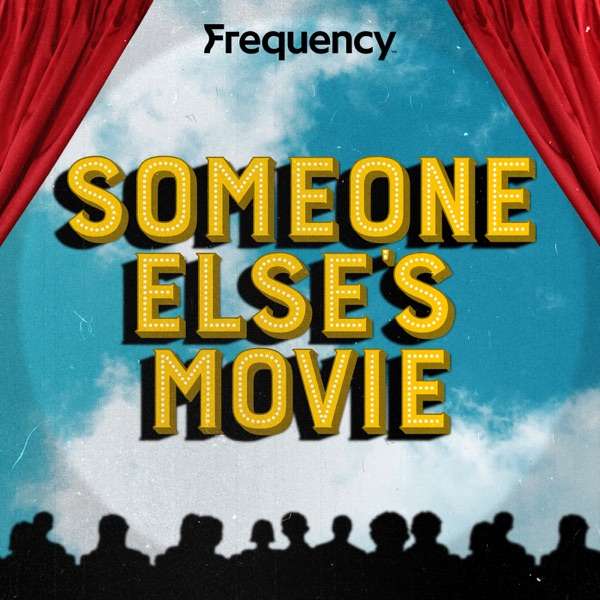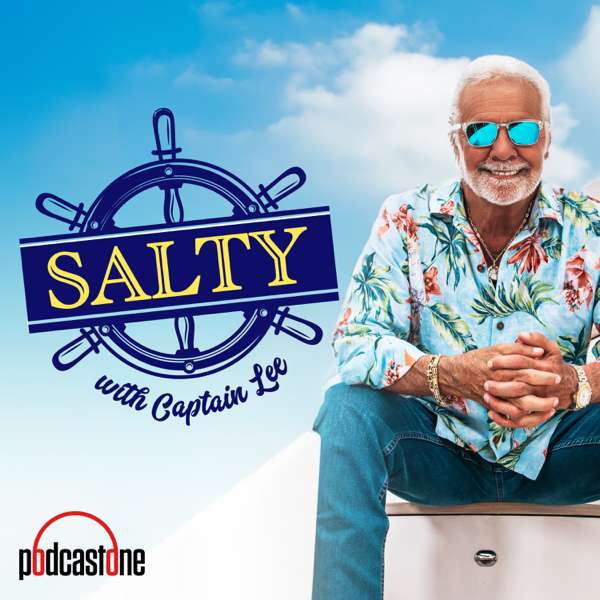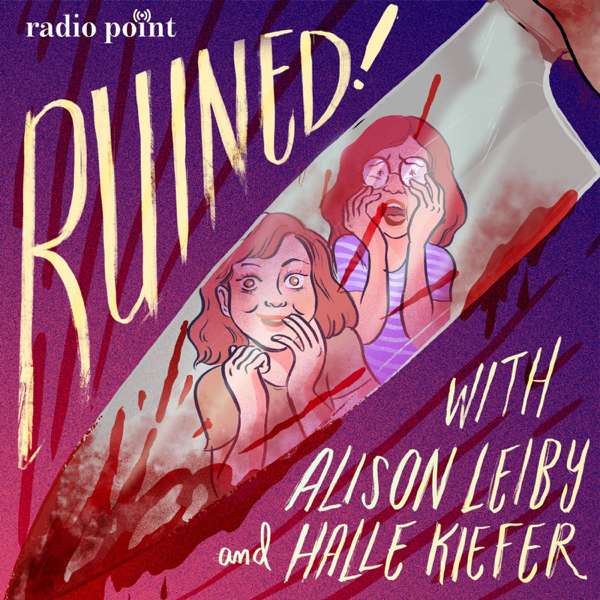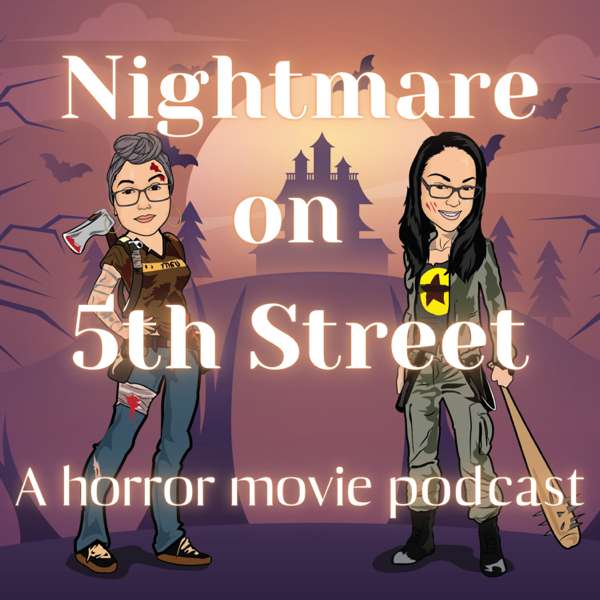17 Phenomenal Films Directed by Women
According to a 2013 study, there are five men to every woman in the film industry. In 2015, a study found that women have only directed 7% of the top 250 grossing films. According to Forbes, the top ten highest paid actresses made $181 million combined while the top ten highest paid actors received $465 million. While the fight for gender equality in media continues, we cannot lose sight of the strides women have made thus far in film. 2016 has seen progress with films like female action comedy Ghostbusters, female led animation Finding Dory, and female adapted screenplay Fantastic Beasts and Where to Find Them. If this list is any indication of what women can do in the driver’s seat, let’s hope we get more gas in the tank.
Sleepless in Seattle-Nora Ephron
This 1993 romantic comedy was directed by Nora Ephron. A journalist, playwright, and screenwriter, Ephron is credited for helping to write other blockbuster hits such as Julia & Julia, When Harry Met Sally, and You’ve Got Mail. In a Rolling Stone article from 1993, Ephron explains that the hardest part about being a female director, is becoming one.
Clueless-Amy Heckerling
Amy Heckerling directed this 1995 flick which follows protagonist Cher in her journey through high school, new friends, and self discovery. Heckerling was asked by Paramount to write a movie for teenagers and based the story of Jane Austen’s novel Emma. Heckerling made her mark early in her career directing Fast Times at Ridgmont High. When she was pregnant with her daughter she got the idea for the film Look Who’s Talking.
American Psycho-Mary Harron
Mary Harron directed her first major film at the age of 43. American Psycho earned plenty of film award nominations, earning a win for best adapted screenplay from the Chlortrudis Awards in 2001. Harron herself describes American Psycho as a feminist film in a 2015 interview with Dazed. “I very much think [American Psycho is] a feminist film. It’s a satire about how men compete with each other and how in this hyper-real universe we created, women are even less important than your tan or your suit or where you summer. And to me, even though the women are all sort of tragic and killed, it’s about how men perceive and treat them.”
Prince of Egypt-Brenda Chapman
Brenda Chapman worked on the storywriting of Disney classics such as Beauty and the Beast, The Lion King, and The Hunchback of Notre Dame. She made history by becoming the first woman to co-direct a major animated feature. She would later go on to direct the critically acclaimed story of a fiery Scottish Princess, Brave. Chapman became the first woman ever to win an Academy Award for “Best Animated Feature”.
Wayne’s World-Penelope Spheeris
The popular Saturday Night Live skit was adapted to a film in 1992 with direction from Penelope Spheeris. In 1974, Spheeris created “Rock N Reel”, a music video production company. Her documentary following the punk music scene in Los Angeles titled The Decline of Western Civilization earned the praise of critics everywhere. Her final music video was the iconic “Bohemian Rhapsody” scene in Wayne’s World which was nominated for Grammy.
Big-Penny Marshall
Penny Marshall is no small name in Hollywood. She began her acting career in comedy shows like The Odd Couple and Mary Tyler Moore. She was able to secure a lead role Laverne in the 1976 sitcom Laverne & Shirley. Her second directed film Big became the first film by a female to gross over $100 million. Marshall would later direct Tom Hanks again alongside Geena Davis and Lori Petty in A League of Our Own which follows the story of the All American Girls Professional Baseball League.
Boys Don’t Cry-Kimberly Peirce
Kimberly Peirce was writing her college film thesis about a female soldier dressed in drag during the American Civil War when she read an article about Brandon Teena. Teena was a transgender male who was murdered after locals found out his gender history. Peirce shifted her thesis and created a short film around this story, interviewing Teena’s family members and citizens in the small Nebraska town. The short was so well received it was turned into a feature film. Boys Don’t Cry won over critics and earned actress Hilary Swank, who played Teena, her first Academy Award.
Shrek-Vicki Jenson
Vicki Jenson came from humble beginnings in the animation world. Her first job was a “cell painter” painting backgrounds for shows like The Flintstones and The Smurfs. Over her career spanning two decades, she has worked with Marvel, Filmation, Warner Bros, and Disney. When Shrek was released in 2001, it was praised for its advances in animation and technology. The film grossed over $484 million worldwide and won the Academy Award for Best Animated Feature.
Bend It Like Beckham-Gurinder Chadha
Gurinder Chadha was born in Nairobi, Kenya in 1960 when it was still a British Colony. Her family moved to West London when she was a young child. As she began a career in film, many of her works included the theme of discovering her dual identity as an Indian and British woman. Bend It Like Beckham follows the story of the daughter of Punjabi Sikhs who has a passion for soccer. Against her parents wishes, she follows her passion and through her dedication her parents become more and more accepting of women in sports. Chadha said that Indian girls in sports are facing less oppression from their families because of the film. Bend it Like Beckham surpassed critics and box office expectations grossing over $76 million on a $6 million budget. In 2015 the film was adapted as a musical that opened at the Phoenix Theatre in London.
Lost in Translation-Sofia Coppola
Coppola is no stranger to the film industry. Her father, Francis Ford Coppola, directed The Godfather trilogy. Through the rumors of nepotism, Coppola made her own success adapting the 1993 novel The Virgin Suicides into a critically acclaimed film. With momentum and success of her first feature film, Coppola wrote the drama Lost in Translation earning her a win for Best Screenplay at the Oscars.
Little Miss Sunshine-Valerie Faris
Valerie Faris has been directing documentaries, music videos, and films with her husband Jonathan Dayton since the early 1990s. They’ve created videos for Red Hot Chili Peppers, Oasis, The Beastie Boys, and R.E.M. After working on an HBO sketch series and creating product commercials for companies like Volkswagen, GAP, and Apple the couple turned to feature films. After working on the film for five years, Little Miss Sunshine was released in 2006 and quickly became a fan favorite around Sundance Film Festival. The film earned four Oscar nominations and two wins: Best Screenplay and Best Supporting Actor.
The Hurt Locker-Kathryn Bigelow
Kathryn Bigelow has been directing, producing, and writing films since the late 1970s. Her films have included Western, horror, science fiction, and action genres. Bigleow made history with The Hurt Locker becoming the first woman to ever win the Academy Award for Best Director. She went on to showcase the decade-long hunt for Osama Bin Laden in Zero Dark Thirty.
The Babadook-Jennifer Kent
Jennifer Kent grew up in Brisbane, Australia where she frequently wrote and performed plays during her childhood. She pursued acting in her late teens because she “wasn’t really aware at that stage that women could direct films.” She aimed to tell the story of facing the darkness in ourselves with her first feature film and psychological thriller The Babadook. Although the film wasn’t well received in its limited release to Australia, it gained great praise internationally in North America.
Unbroken-Angelina Jolie
Angelina Jolie began writing and directing films in 2011 with In the Land of Blood and Honey. Four years later, she would write, direct, and co-star alongside husband Brad Pitt in the romantic drama By the Sea. She had the opportunity to direct Unbroken, the story of US Olympian Louis Zamperini who survives on a raft for 37 days after his bomber crashes. He is then sent to prisoner war camps and must find a way to survive. The film was a passion project for Jolie who admits she was not the best director for the job, but she cared the most about making it. Unbroken grossed $163 million worldwide.
Green Street Hooligans-Lexi Alexander
Lexi Alexander was born in Germany but dreamed of moving to Hollywood when she was young. A karate and kickboxing world champion, Alexander decided to stay in Los Angeles after attending a karate competition at age 19. She worked as a stunt woman and took film classes at UCLA. In 2005, Odd Lot Entertainment picked up her screenplay about football hooliganism in East London, England. Green Street Hooligans did not achieve widespread approval from critics, but is greatly adored by soccer fans around the world.
Billy Madison-Tamra Davis
Tamra Davis began working in film while participating in an apprenticeship at production studio American Zoetrope. The studio was struggling to complete Francis Ford Coppola’s film Waterloo. It was Coppola himself who suggested Davis attending college. Once she graduated film school in Los Angeles, Davis began working on music videos and directed bands Black Flag, Sonic Youth, and N.W.A. She spent hours on the phone with Billy Madison star Adam Sandler discussing particular scenes and the script. Although Sandler wrote the script himself, he still managed to improv a majority of the movie. While shooting the film, Davis said she was staying in the same hotel and Chris Farley and David Spade while they were filming Tommy Boy.
Citizenfour-Laura Poitras
After Laura Poitras received encrypted emails filled with United States government documents that prove they are taking extreme surveillance measures, she flew with reporter Glenn Greenwald to Hong Kong to meet whistleblower Edward Snowden. The events that transpired became her Academy Award winning documentary Citizenfour. Poitras filmed Snowden for nearly a month and after she felt she was being followed, left China for Berlin. In fear that the footage would be lost in the United States, Poitras edited the footage in Berlin until it was ready for release at the New York Film Festival in 2014. The reporting done in the film was a large reason that publications The Guardian and The Washington Post received the Pulitzer Prize for Public Service in 2014.

 Our TOPPODCAST Picks
Our TOPPODCAST Picks  Stay Connected
Stay Connected







